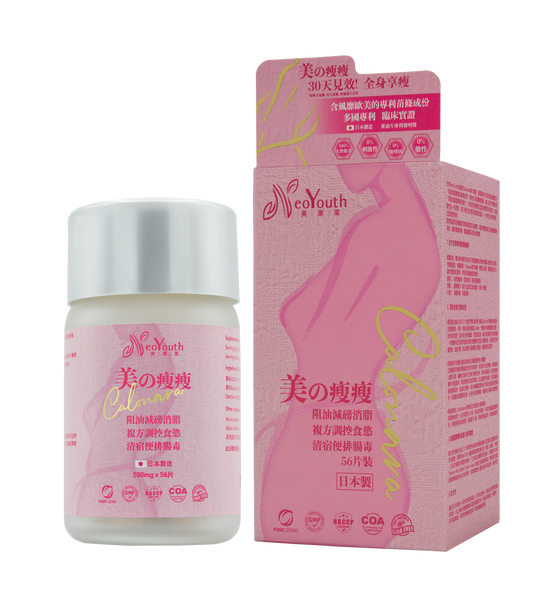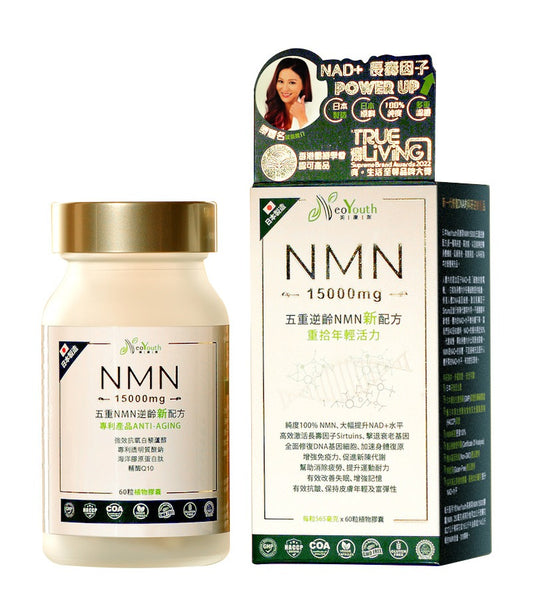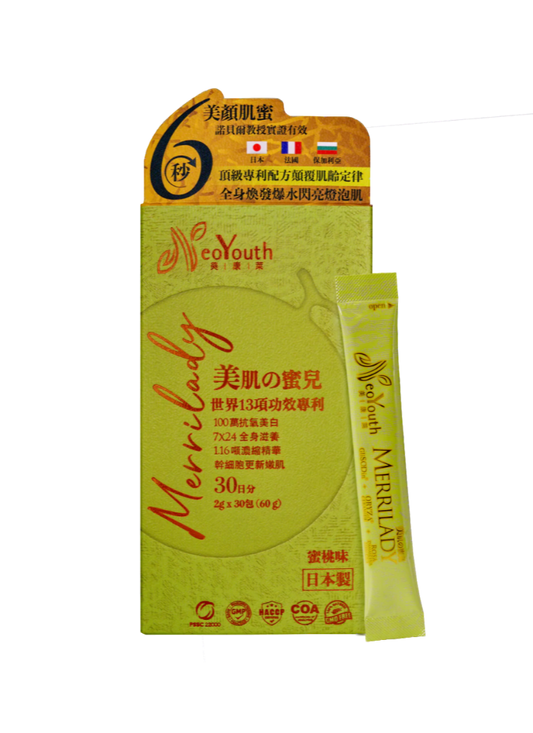Hong Kong residents often experience high levels of stress in their lives and work, coupled with insufficient rest and irregular eating habits, making their bodies prone to sending warning signals and showing signs of premature aging. Research shows that an excess of free radicals in the body is the root cause. Free radicals are reactive molecules that play a role in normal biological metabolism, such as killing bacteria and viruses in the immune system. However, when the body is subjected to stress, exposure to environmental pollution, radiation, ultraviolet rays, smoking, and unhealthy eating habits, excessive free radicals can cause damage to cells and tissues, leading to oxidative stress. Oxidative stress is believed to be associated with a range of diseases and health problems, including obesity, fatigue, and premature aging.
1. Free radicals vs. obesity:
1.1 Adipocyte damage and inflammation: Excessive free radicals can lead to adipocyte damage and inflammatory responses, interfering with normal metabolism and energy balance, thereby promoting weight gain and obesity.
1.2 Oxidative stress and metabolic dysfunction: Oxidative stress caused by free radicals can impair intracellular metabolic processes, including fatty acid metabolism and glucose metabolism, leading to the accumulation of adipose tissue and weight gain.
1.3 Lipid peroxidation: Free radicals can attack lipids on cell membranes, damage adipocytes and other tissues, interfere with cell signaling and energy balance, thereby promoting obesity.
2. Free radicals vs. fatigue:
2.1 Oxidative stress and cell damage: Excessive free radicals cause oxidative stress, which damages the normal functioning of cells, and in turn damages cell membranes, proteins and DNA. When cells are damaged, their energy production and metabolic processes may be disrupted, leading to feelings of fatigue.
2.2 Energy Metabolism Interference: Excessive production of free radicals can interfere with cellular energy metabolism processes. Free radicals can damage mitochondria and affect intracellular energy production. When energy supply is insufficient, the body cannot effectively produce and utilize energy, thus causing fatigue.
2.3 Inflammatory Response: Excessive free radicals can trigger an inflammatory response, a self-protective reaction of the body to damage and stress. Prolonged or excessive inflammation can also deplete energy and resources, leading to feelings of fatigue.
2.4 Sleep Disorders: Sleep is an important process for restoring and rebuilding bodily functions, but excessive free radicals can disrupt sleep patterns and quality, leading to insufficient or poor-quality sleep. This can cause daytime fatigue and lethargy.
3. Free radicals vs. aging:
3.1 Oxidative stress and cell damage: Free radicals are highly reactive molecules. Long-term oxidative stress and cell damage can accumulate, leading to a decline in the function of tissues and organs, and thus causing premature aging.
3.2 DNA damage and mutation: Excessive production of free radicals can lead to DNA damage and mutation, which not only causes cell aging and interferes with normal gene operation and cell function, but also increases the risk of disease and cancer.
3.3 Protein damage and structural/functional abnormalities: Free radicals can attack proteins within cells, leading to their damage and structural/functional abnormalities. Since proteins are key components of many biochemical processes within cells, abnormalities in their function can accelerate the aging and degeneration of tissues and organs.
3.4 Mitochondrial dysfunction: Mitochondria are the energy production centers in cells. When excessive free radicals damage the structure and function of mitochondria, they interfere with the cell's energy metabolism, leading to insufficient energy supply to cells and tissues, and thus causing premature aging.
To maintain good health, it is recommended to reduce stress, get enough rest, follow a healthy diet, and engage in moderate physical activity. In addition, consuming foods rich in antioxidants (such as fruits, vegetables, and nuts) can also help reduce the effects of free radicals.





